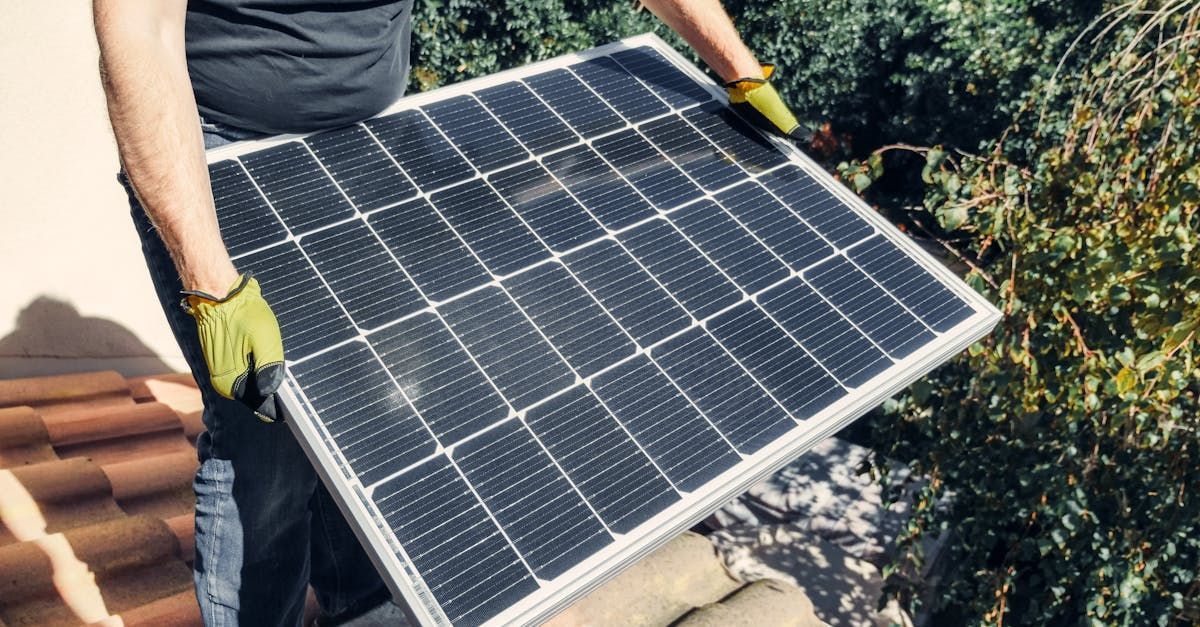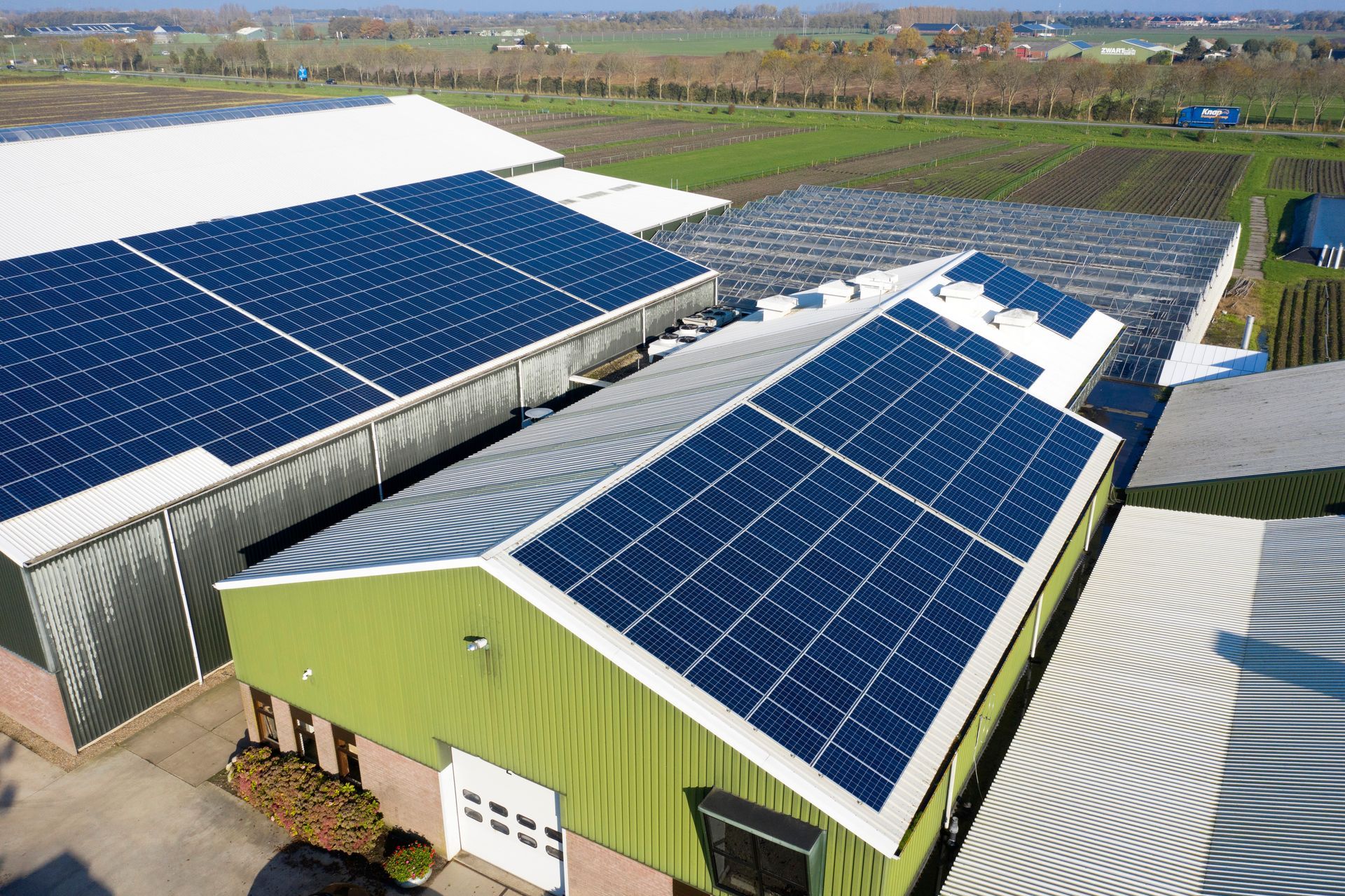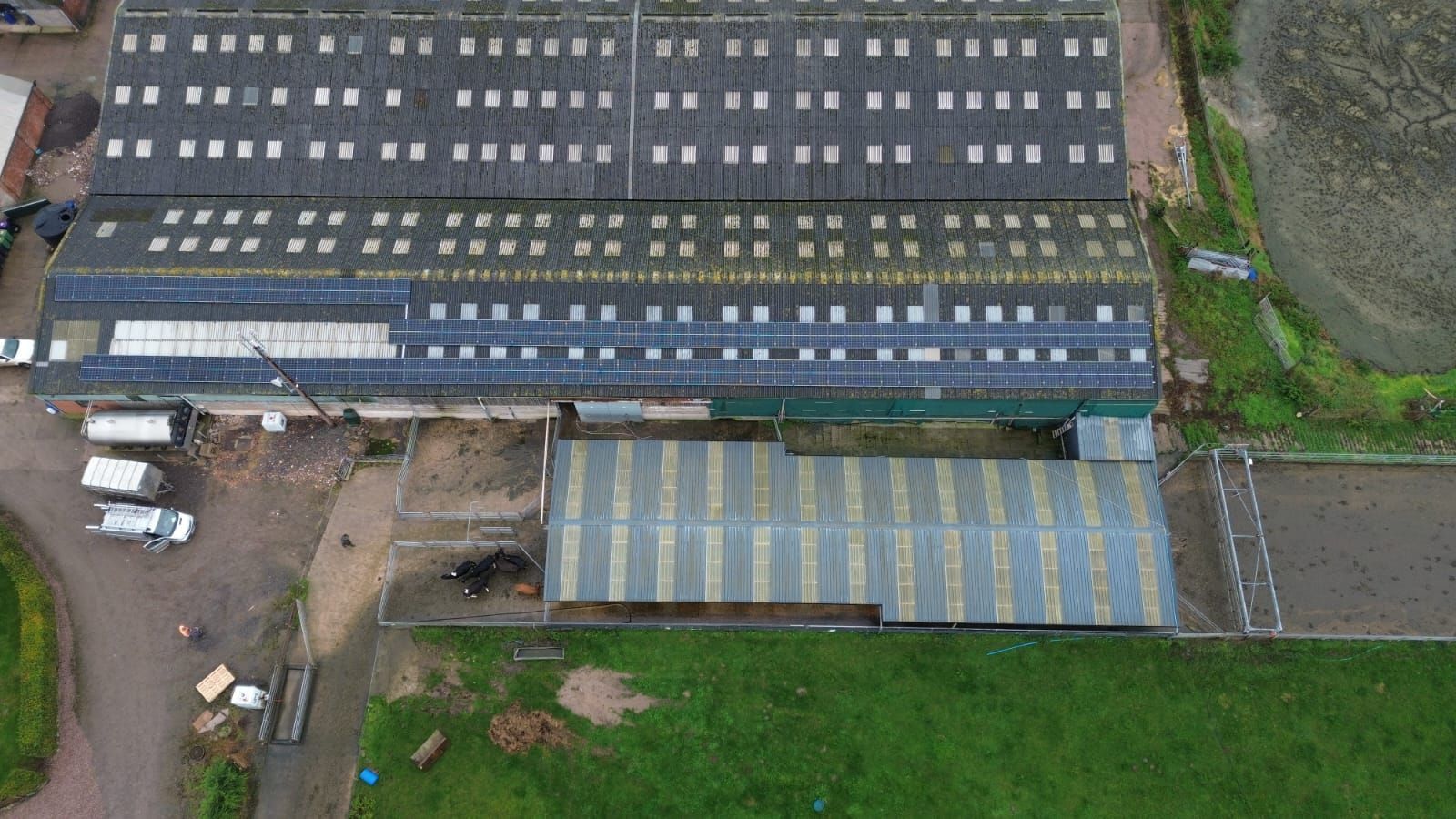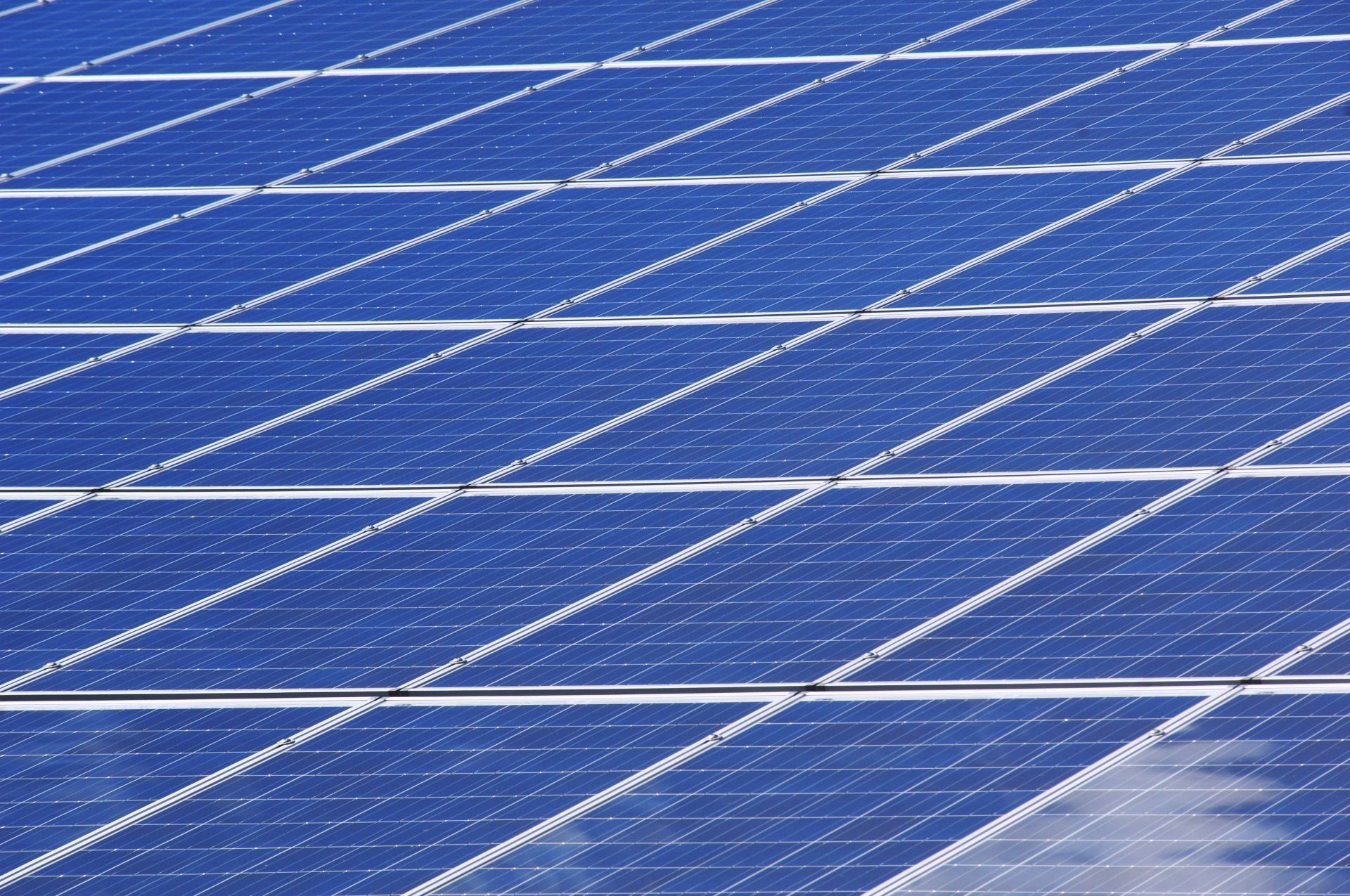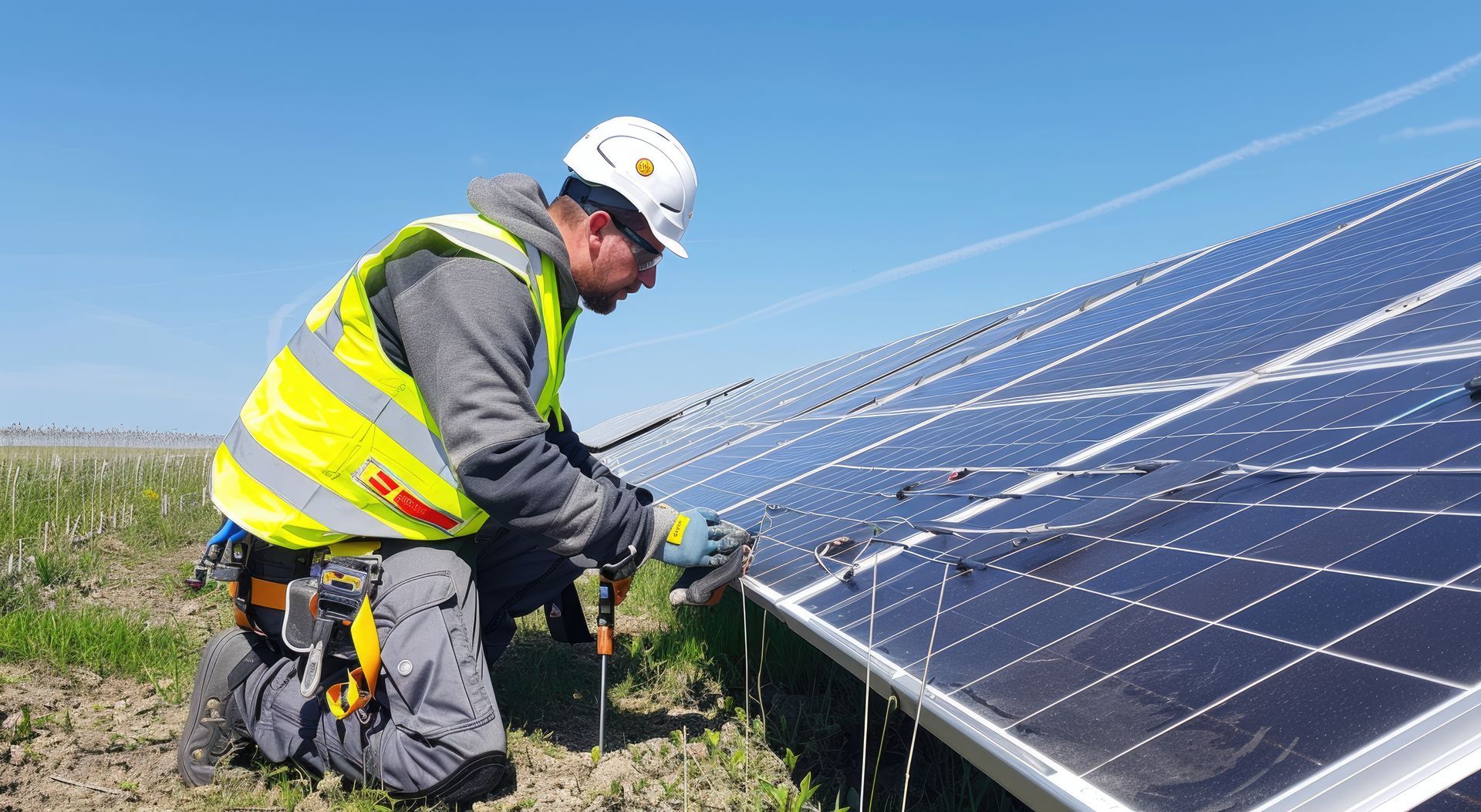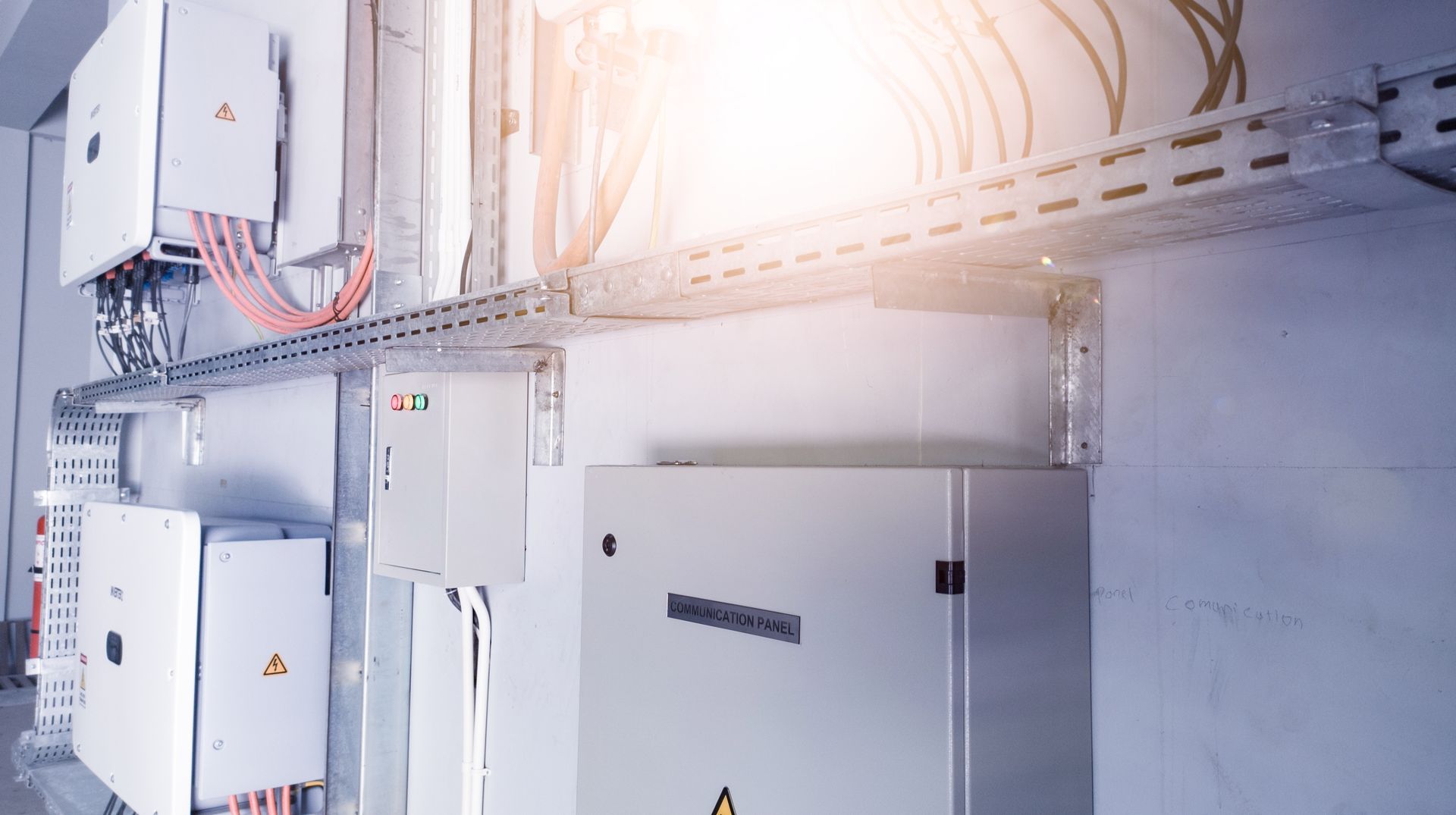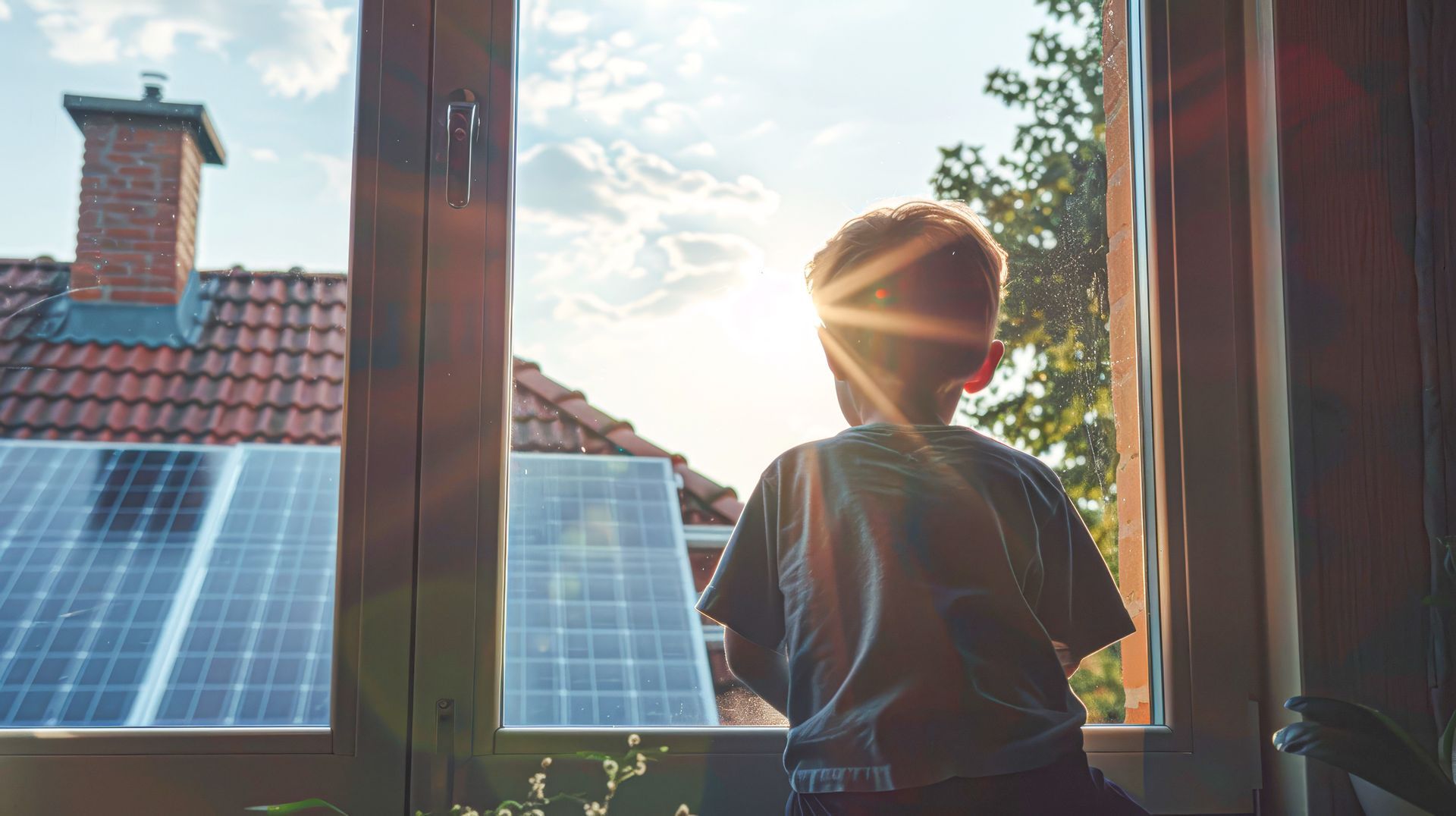What is the Future of Solar PV Under the New Labour Government in the UK?
The future of solar PV under the new Labour government in the UK looks promising. With ambitious targets, significant planned investments, and a focus on both large-scale and community-based projects, the solar industry is poised for substantial growth. The success of these initiatives will depend on effective implementation, continued technological advancements, and the government's ability to address challenges in grid infrastructure and skills development.
As the UK moves towards its goal of becoming a clean energy superpower, solar PV is set to play an increasingly important role in the nation's energy mix. The coming years will be critical in determining whether Labour's vision for a solar-powered Britain can be fully realised.
The recent election of the Labour Party in the UK has ushered in a new era for renewable energy, particularly for solar photovoltaic (PV) technology. With ambitious targets and a commitment to clean energy, the new government's policies are set to significantly impact the future of solar PV in Britain.
Labour's Clean Energy Mission
At the heart of Labour's energy policy is the pledge to achieve clean power by 2030, a goal that heavily relies on the expansion of solar PV capacity. The party has committed to working with the private sector to triple solar power by this deadline, aligning with Solar Energy UK's target of reaching 50 gigawatts (GW) of solar generation capacity.
This ambitious goal represents a substantial increase from the current solar capacity. By the end of 2024, the UK is expected to have around 20 GW of solar PV installed, complemented by 8 GW of battery energy storage. The government plans would see this capacity more than double over the next six years, signalling a significant boost for the solar industry.
Great British Energy and Investment
A cornerstone of the strategy is the creation of Great British Energy, a publicly owned company set to play a crucial role in driving investment in clean, home-grown energy production. With a planned capitalisation of £8.3 billion over the next parliament, Great British Energy will partner with industry to deliver clean power by co-investing in leading technologies.
This initiative is expected to have a substantial impact on the solar PV sector. The company will work alongside energy companies, local authorities, and co-operatives to install thousands of clean power projects, including solar installations. This approach aims to increase distributed production capacity, reducing pressure on the transmission grid and benefiting communities across the country.
Grid Infrastructure and Connection Times
One of the most significant challenges facing the solar industry has been the lengthy delays for grid connections. This has been recognised as an issue, and the state of electricity networks described as "the single biggest obstacle to the deployment of cheap, clean power generation". The party has pledged to tackle these delays, which could dramatically accelerate the deployment of solar PV systems.
The new government plans to work with industry to upgrade the national transmission infrastructure and "rewire Britain". This commitment to improving grid infrastructure is crucial for the rapid expansion of solar capacity, as it will enable faster connection times and more efficient integration of renewable energy sources into the national grid.
Local Power Plan and Community Projects
The new government’s energy strategy includes a strong focus on local power generation. The party has earmarked £3.3 billion for its Local Power Plan, which aims to provide funding to local authorities and communities to build small-scale clean power projects. This initiative is likely to boost the deployment of solar PV systems on public buildings, social housing, and community-owned spaces.
By encouraging local involvement in energy production, the government hopes to create a more distributed and resilient energy system. This approach could lead to a proliferation of smaller solar installations across the country, complementing larger utility-scale projects.
Jobs and Supply Chain Development
The expansion of the solar PV sector under is expected to create significant employment opportunities. The party has promised to collaborate on delivering high-quality jobs and growing the domestic supply chain "as Britain becomes a clean energy superpower". This focus on job creation and supply chain development could lead to a more robust and self-sufficient solar industry in the UK.
Solar Energy UK has already laid the groundwork for these goals through the Solar Taskforce. The organisation plans to work with the new government to publish a Solar Roadmap within 100 days, outlining practical measures to drive the uptake of cost-effective solar energy.
Regulatory Changes and Consumer Protection
Labour has pledged to reform the energy market to better protect consumers and attract necessary investment. This includes working with regulators to reduce standing charges on energy bills and strengthening regulations to hold companies accountable for wrongdoing. While not directly related to solar PV technology, these changes could create a more favourable environment for consumers considering solar installations.
The new government also plans to implement higher standards of performance for energy companies and ensure automatic customer compensation for failures. These measures could increase consumer confidence in the energy sector, potentially encouraging more households and businesses to invest in solar PV systems.
Challenges and Considerations
Despite the optimistic outlook, the government will face several challenges in realising its solar PV ambitions. These include:
Financing: While Great British Energy represents a significant investment, the scale of the proposed expansion may require additional funding sources.
Skills gap: Rapidly expanding the solar sector could lead to a shortage of skilled workers, necessitating investment in training and education.
Planning and permitting: Streamlining planning processes for solar installations, particularly for larger projects, will be crucial to meeting targets.
Energy storage: As solar capacity increases, so too will the need for energy storage solutions to manage intermittency.
Public acceptance: While solar PV is generally well-received, large-scale projects may face local opposition in some areas.
HSB Renewables
HSB Renewables is well-positioned to contribute to and benefit from the expected growth in the UK's solar PV sector. As a leading provider of renewable energy solutions, HSB Renewables offers expertise in solar PV system design, installation, and maintenance. With the new government's focus on expanding solar capacity and supporting local energy projects, HSB Renewables could play a crucial role in helping communities, businesses, and public sector organisations transition to clean energy. Our experience in navigating regulatory frameworks and managing large-scale projects could prove invaluable as the UK rapidly scales up its solar PV infrastructure.


